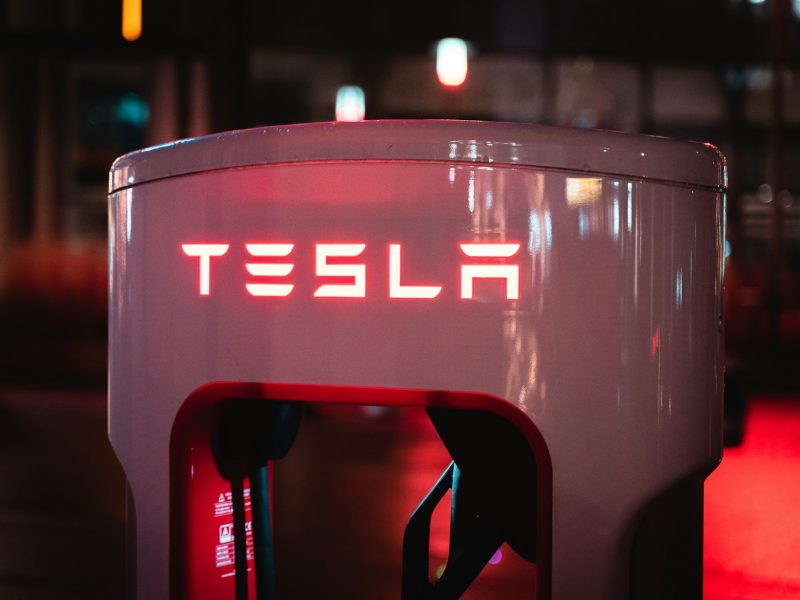Volkswagen is facing tough times, and Stephan Weil, the Minister President of Lower Saxony, is pushing for the reinstatement of the electric vehicle (EV) purchase subsidy. This move comes as Lower Saxony holds a 20% stake in Volkswagen, which is struggling with declining EV sales.
Stephan Weil (SPD), who also represents Lower Saxony on Volkswagen’s supervisory board, is urging the federal government to bring back the state-funded purchase incentives for electric cars. The Social Democrat’s appeal follows a slowdown in EV sales, which has hit both Volkswagen and the wider industry. Lower Saxony’s stake in the automaker makes the region a direct stakeholder in the company’s performance.
Volkswagen’s CEO, Oliver Blume, has cited the current economic difficulties facing the company as partly due to the loss of Germany’s competitive edge as an industrial location. A key factor in this downturn is the federal government’s decision to abruptly end the environmental bonus for electric vehicles at the close of 2023, with no replacement in sight. In response to these challenges, VW is now considering shutting down some of its production plants.
Weil emphasized to Neue Osnabrücker Zeitung that reintroducing the subsidy would be “very beneficial,” particularly for “private consumers with smaller budgets.” The subsidy, which offered up to €4,500 for new electric cars, was discontinued at the end of last year. Volkswagen and other manufacturers had supplemented this with their own contributions. Weil expressed his dissatisfaction with the abrupt termination of the incentive program by the federal government, calling it a mistake.
He pointed out that in other European countries where subsidies have been maintained, EV sales continue to grow. “Unfortunately, countries like Germany, where these subsidies have been eliminated, are experiencing a different trend,” he added. As the Minister President of Lower Saxony, Weil also holds a seat on Volkswagen’s supervisory board.
In Germany, new EV registrations have been declining for months. In August, according to recent data from the Federal Motor Transport Authority, they plummeted by 68.8% compared to the same month last year. This drop is attributed not only to the discontinuation of public subsidies but also to the higher prices of electric vehicles compared to traditional combustion-engine models.
In an attempt to boost EV sales, the government is now turning to tax incentives for company cars. A cabinet decision from Wednesday will allow businesses to write off electric company vehicles more quickly. Additionally, the plan includes greater tax benefits for more expensive electric company cars, compared to what was previously allowed.
This combination of factors—the withdrawal of subsidies and higher vehicle prices—continues to weigh heavily on Germany’s electric car market. Advocates like Weil hope that a revival of purchase incentives will help reverse the current decline in EV sales.


